Salud! Celebrating Mexican Wine at República
Sommelier MigueL MarqueZ Garcia of Republica | Photos: RaeAnn Serra
15 out of Mexico’s 32 states produce wines, including Baja California, Coahuila, Querétaro, Aguascalientes, Zacatecas, and Guanajuato. Many of these areas have even been farmed for winemaking since the 1500s, making them some of the oldest wine growing lands in the Americas. Mexico is also one of the most biodiverse countries in the world, with a wide range of climates and altitudes.
There is plenty of Mexican wine out there—ready, great, and available—however, preconceived notions of what’s ‘classic’ combined with a lack of interest or knowledge about the terroir makes sourcing Mexican wine difficult. In addition, comparing Mexican wine prices to those from Europe (whose economic system caters to wine production through government subsidies) also makes selling Mexican wines a challenge. Fortunately, with the rise of winemakers and viticulturists investing more time and energy into the development of Mexico’s wine identity, and with wine consumption within the country increasing sixfold over the past 15 years, Mexican wine is gaining more momentum.
The wine program we’ve built at República sources with one goal in mind: to highlight wines from Mexican states made by female, B.I.P.O.C., and/or queer-owned or led producers, with the intention to promote more inclusivity in a white male-dominated market. My goal is to highlight these producers and their diverse winemaking styles that center on a biodynamic, low-intervention, and hands-on approach, creating more possibilities for every guest.
Mina Penelope
Mina Penelope is a project that comes from el Valle de Guadalupe in Baja California, Mexico. It gives us the chance to taste non-traditional expressions of Sauvignon Blanc, Nebbiolo, Mourvedre, Montepulciano, Aglianico, Syrah, and Grenache. Led by winemaker Veronica Santiago and her husband Nathaniel Malagón, Mina Penelope's smaller range of products are created through minimal intervention, showing the great things that can happen when you let the wine take its natural course. The label creates clean, focused wines that pair well with a number of dishes, from salmon aguachile all the way to lamb barbacoa or pork carnitas.
Santos Brujos
Also known as Viñas del Sol, this is another project from Valle de Guadalupe in Baja California, Mexico. Translated to “Holy Wizards,” their biodynamic ethos speaks to their respect for the land and their awareness of the impact of farming, which has led to a more sustainable business model. Santos Brujos focuses more on enhancing the grape’s expression, rather than achieving a certain profile. From rich Chardonnays to spicy and layered Tempranillos, these naturally fermented and non-corrected wines show a great deal of complexity—I even started aging some just to see what happens.
Paoloni
Paolo Paoloni has been making wines in el Valle de Guadalupe since 1998. Originally from Italy, Paolo planted a variety of Italian and French grapes such as Sangiovese, Montepulciano, Nebbiolo, Brunello, Aglianico, Chardonnay, Cabernet Sauvignon, Merlot, and Syrah. The vineyard uses fresh water collected from the mountains to irrigate, and all Paoloni wines are made with fruit grown on the estate. They offer a wide range of labels, from a fruit-forward Chardonnay to an exceptional rosé made out of Sangiovese to a complex red that gets to see some oak. All of Paoloni’s wines are dedicated to showcasing their sense of place as much as possible. Tapping into his background as an agronomist, Paoloni utilizes modern innovations to create a beautiful balance between fresh, young wines, and deep, age-worthy wines. Human intervention is a necessity to make wine, and Paoloni understands that delicate balance between achieving a goal, and letting the wine run its natural course.
The sky's the limit for Mexican wine, and it is here to stay. I invite all beverage professionals to take another look at Mexico as a beverage producer. We are way much more than just tequila and beer. Bienvenidos y Salud!

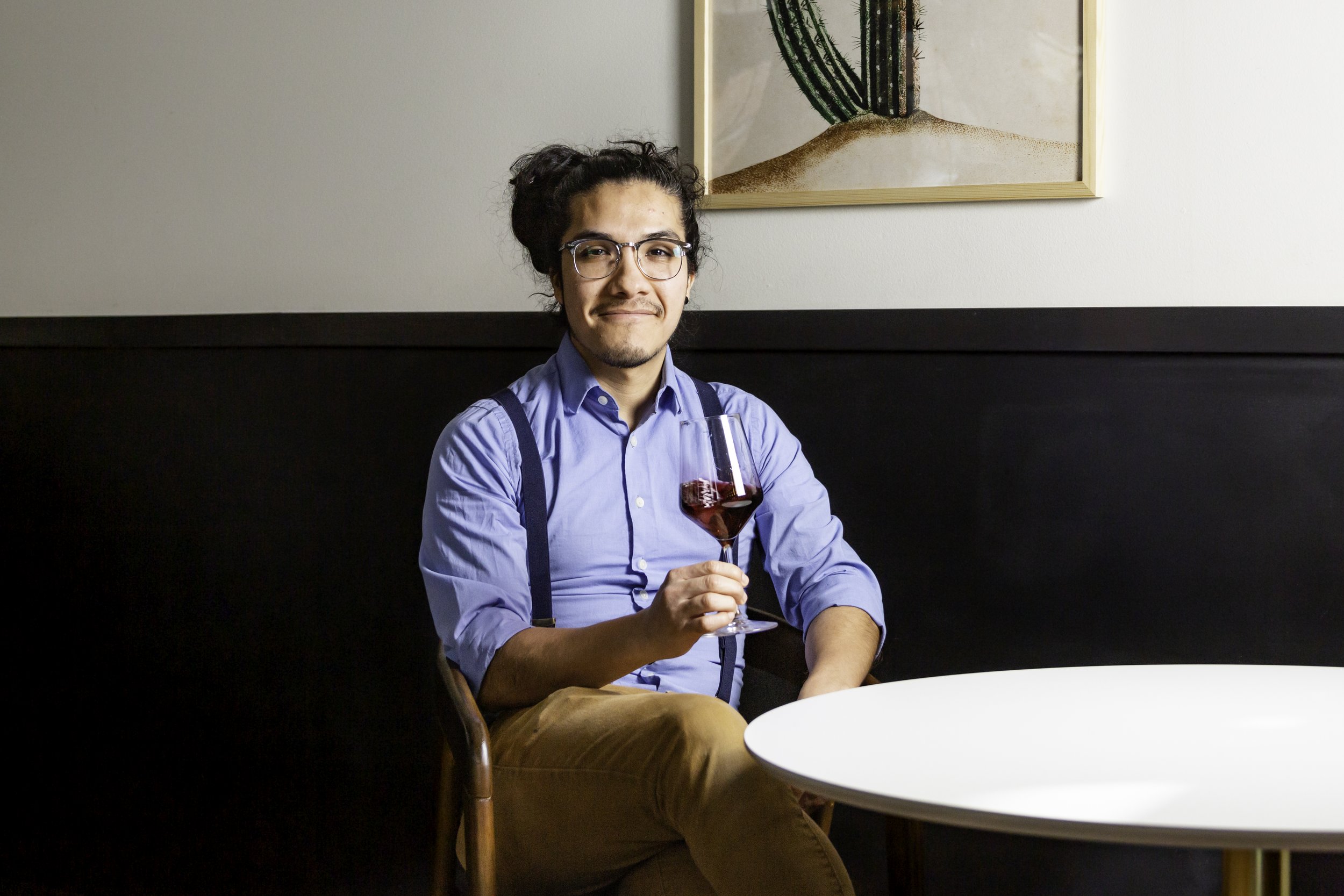

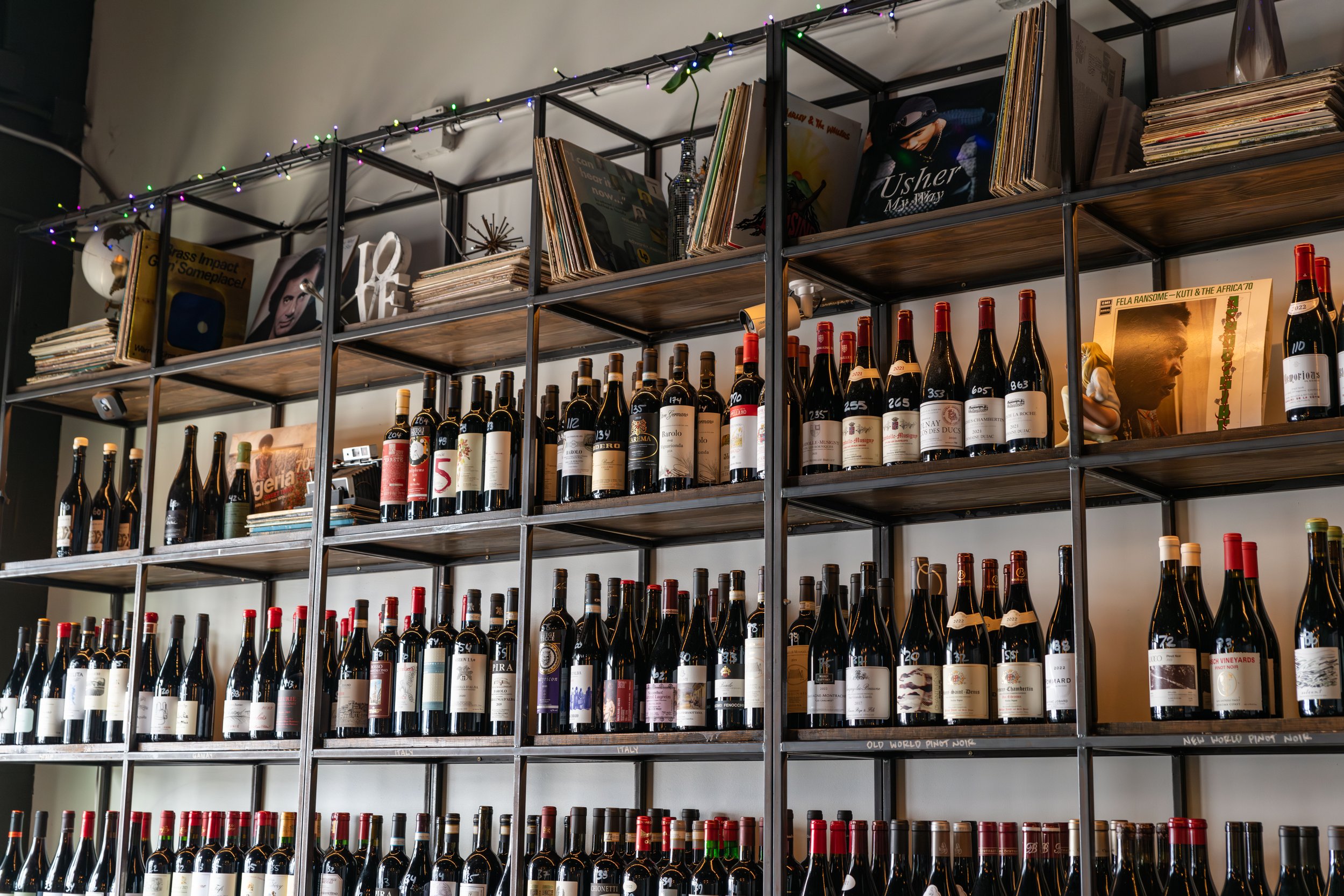
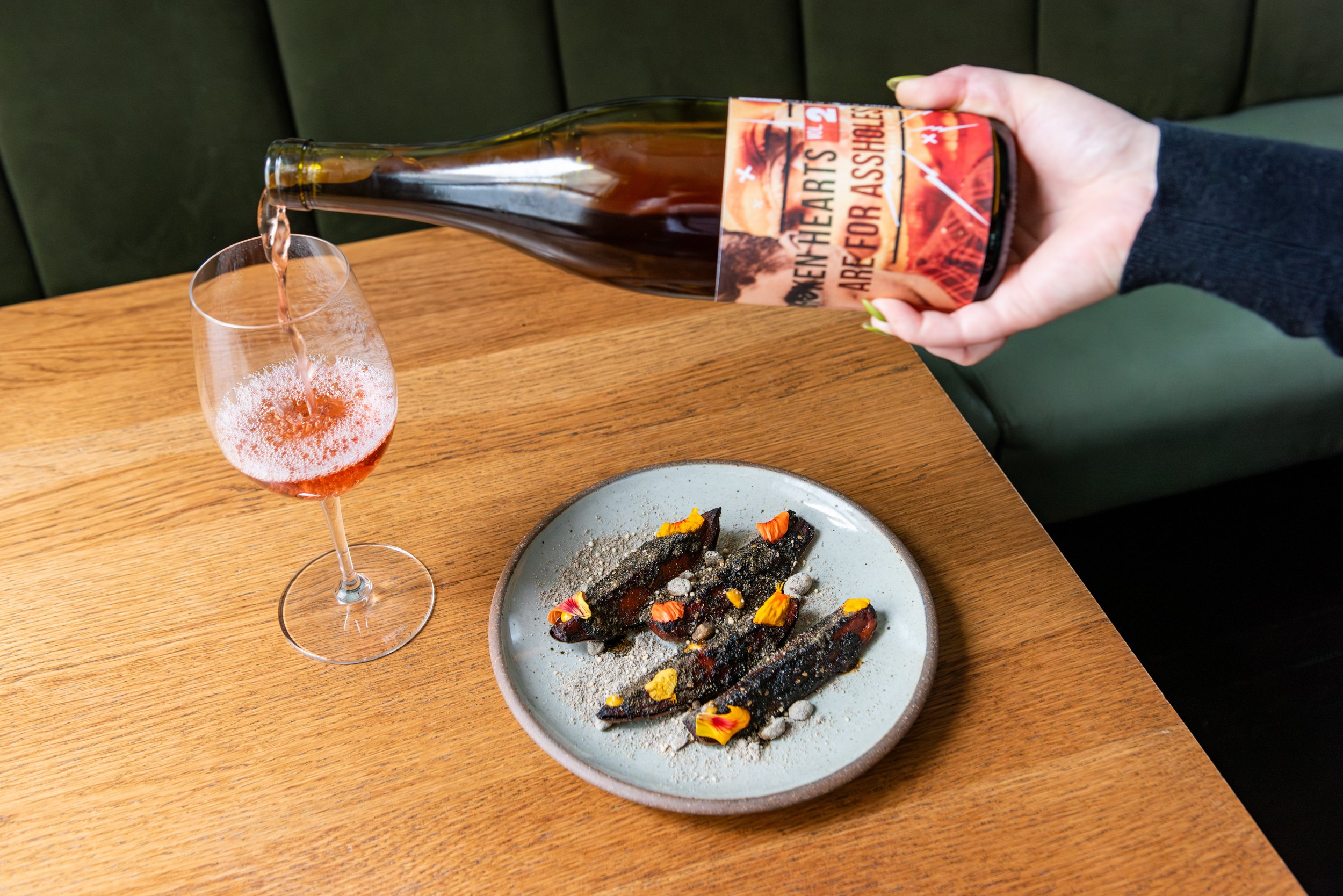
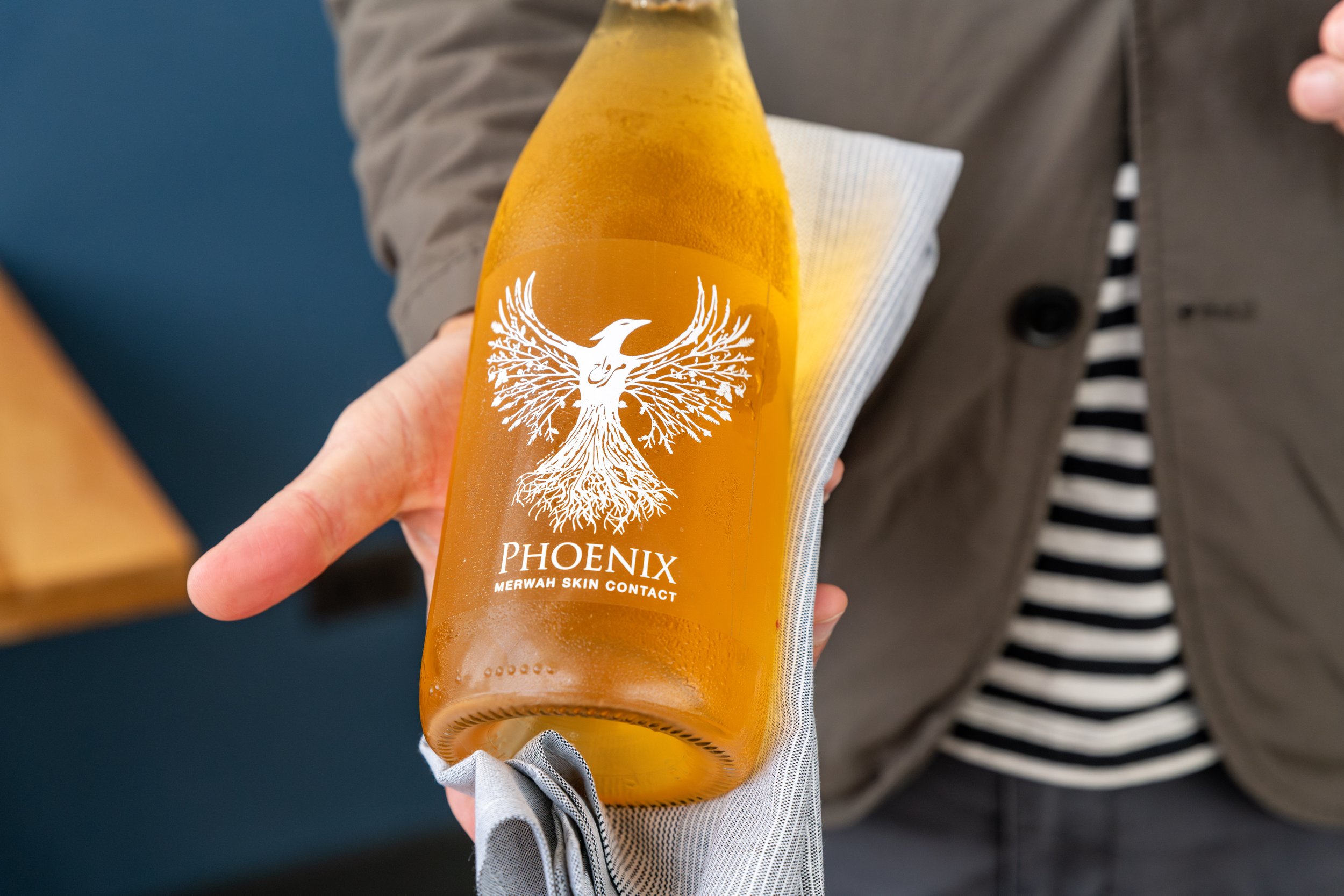
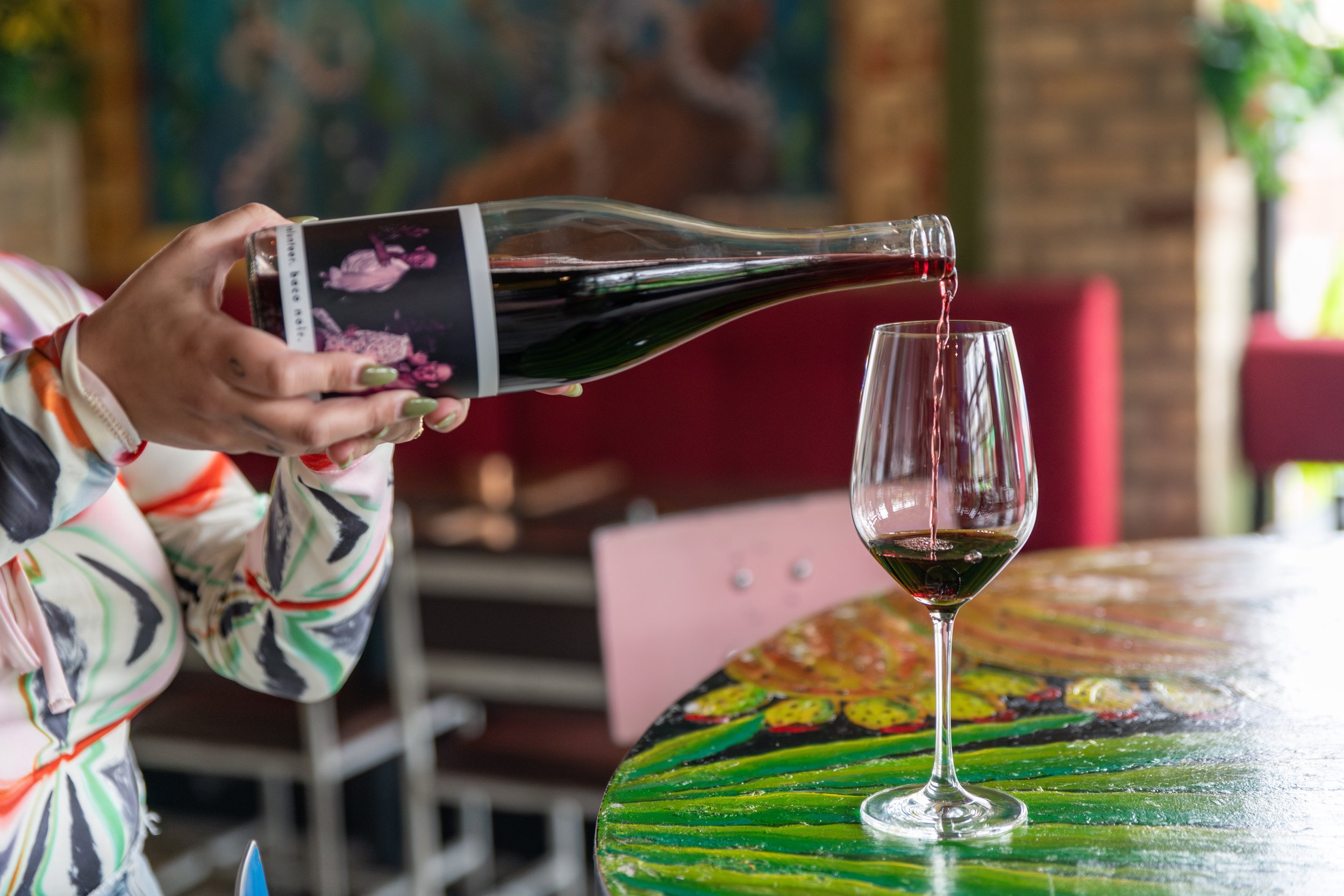
Tips on building a wine list that works for everyone from Sommelier Thibaut Idenn of Alla Vita and Boka